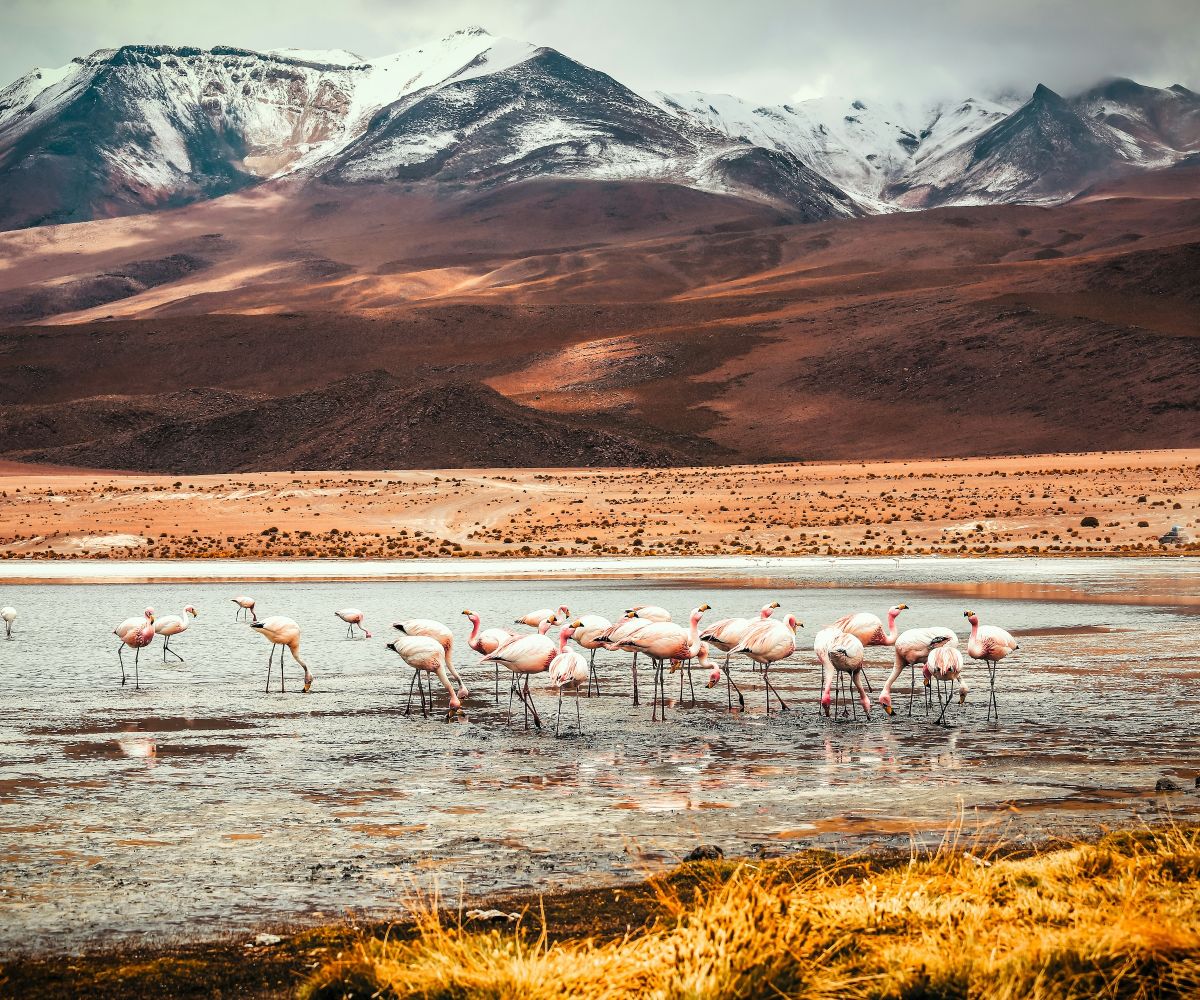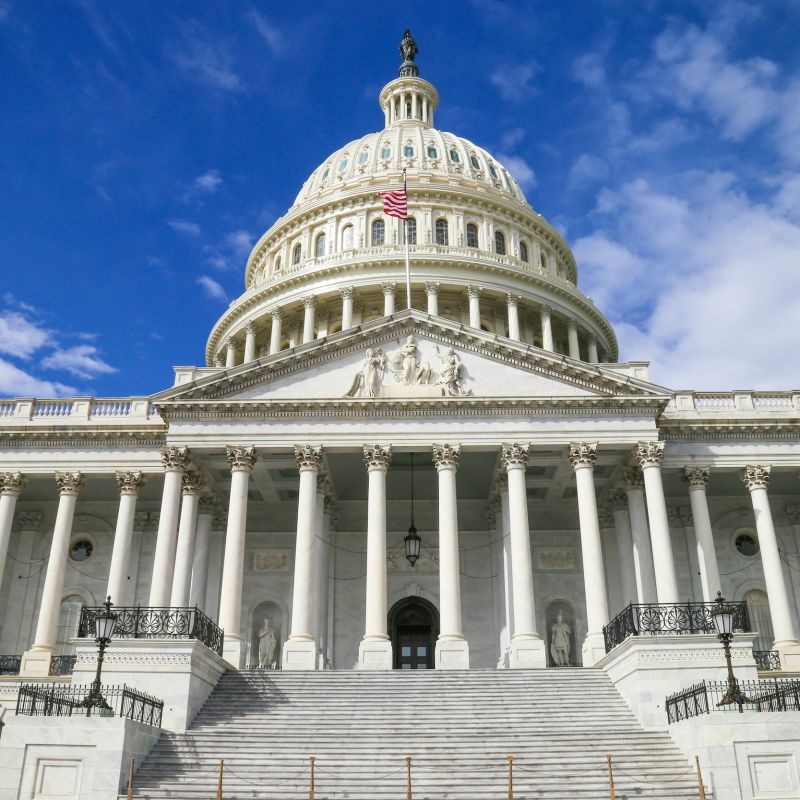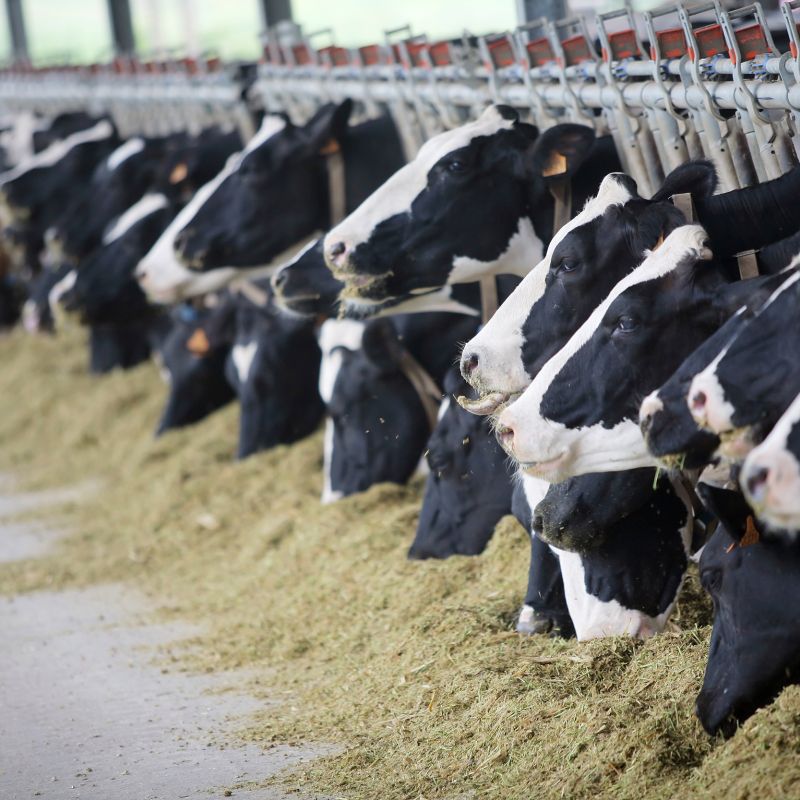Blog Categories

Purchase carbon credits and finance climate action
Choose from one of the world’s largest portfolio of high-integrity climate action projects to drive credible climate action and sustainable development around the world.

South Pole’s Digital Solutions
We understand that your business is under more pressure than ever to step up its sustainability agenda. That is why we have the software integrations available for you to get started today.


Nestlé
With a significant agricultural value chain, including multiple brands with individual greenhouse gas footprints, achieving Net Zero for Nestle is a complicated process. Nestle needed a roadmap to get there.

Carbon Credits
Buy carbon credits from the world's largest portfolio of carbon projects to protect the planet and transform lives.

Manage & Calculate your emissions now
Our platform enables individuals and organisations alike to measure, track and compensate for their emissions.

The South Pole 2024 Net Zero Report
Destination Zero: the state of corporate climate action

Penguin Perspectives Blog
Gain fresh perspectives and opinions from our in-house experts and guest authors.

South Pole's 2024 Net Zero Report
Survey finds that most companies across nearly all sectors are going quiet on green goals.

Subscribe to our Newsletter
The South Pole Snapshot is delivered once every two months
South Pole believes that a Net Zero target is a part of every organisation's Climate Journey.
Read more

























